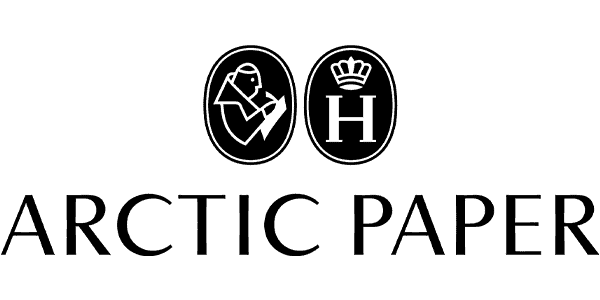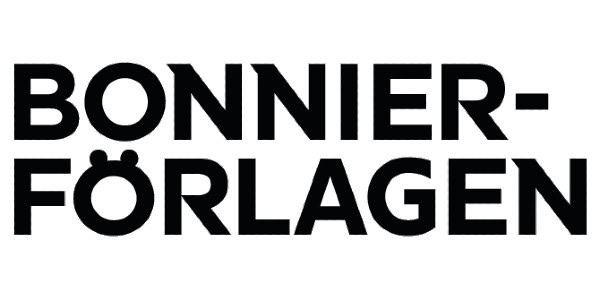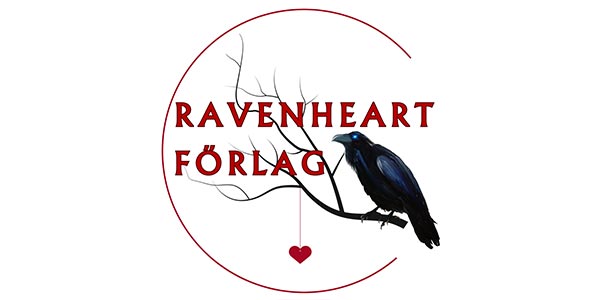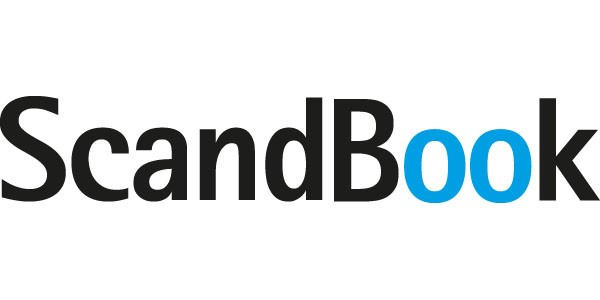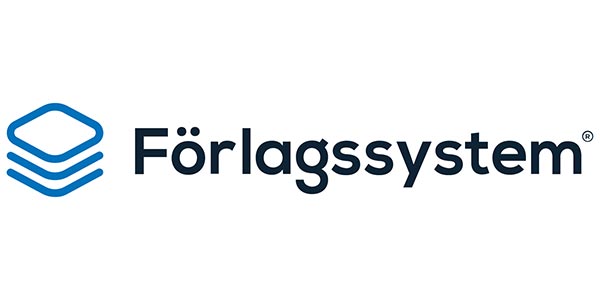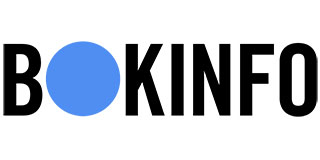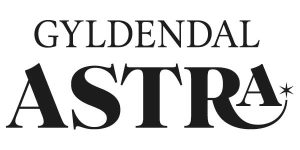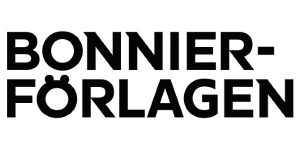
Genom genrens lins : pedagogisk kommunikation i tidigare skolår

| Författare | |
|---|---|
| Förlag | Malmö Universitet |
| Genre | Pedagogik |
| Format | Häftad |
| Språk | Svenska |
| Antal sidor | 338 |
| Vikt | 688 gr |
| Utgiven | 2019-02-12 |
| SAB | Eab |
| ISBN | 9789171049568 |
The aim of this dissertation is to explore how two teachers communicate content knowledge and metalinguistic knowledge in the teaching of young second language learners. As a qualitative classroom study, it examines how two widely advocated forms of metaknowledge are used in instruction: metalinguistic knowledge, in particular genre knowledge, and reading strategies. Bernstein’s sociology of education theory is synthesized with systemic-function linguistic theory to explore how the participant teachers scaffold and place varying demands on the students. The central concept is pedagogic communication, which is defined as the way in which the teachers use language to communicate instructional content, build and uphold relations and organize information flows in teaching. The materials for the study have been generated through audio recordings, observations and collected teaching materials in school years 1 and 6. The school has a high percentage of second language learners and implements genre-based instruction.
The empirical chapters focus on preparations for reading assignments, weekly instances of “sharing time” and a genre-based curriculum area about stories in school year one and a curriculum area about maps and population which integrates geography and Swedish as a second language in school year 6. An important finding is that strongly controlled classroom discourse was associated with introducing and reminding students of abstract concepts in the studied interaction, including metalinguistic and subject-related concepts. Conversely, weaker control tended to promote negotiation of everyday knowledge rather than disciplinary knowledge while also placing implicit demands on students’ participation in the discourse. The study also attends to less-researched features of classroom discourse and scaffolding, such as how the teachers showed solidarity and built engagement through interpersonal resources and managed the information flow through textual ones. A final important finding is that the explicit attention to metaknowledge, such as genre knowledge and knowledge about reading strategies, seemed to come at the expense of encounters with meaningful texts. Therefore, it is argued that such domains of metaknowledge should not become the main instructional content.

